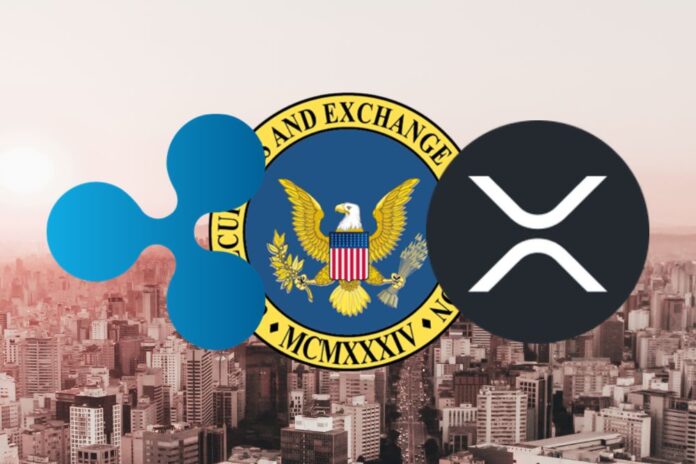Ripple has filed its Civil Appeal Pre-Argument Statement (Form C) for its cross-appeal in the ongoing legal battle with the U.S. Securities and Exchange Commission (SEC).
This filing, shared on X by well-known attorney James K. Filan, outlines several key issues Ripple seeks to address before the U.S. Court of Appeals for the Second Circuit, with implications for Ripple and the wider cryptocurrency space.
One of the primary issues in the appeal focuses on the nature of an “investment contract” under the Securities Act of 1933. Specifically, Ripple questions whether an investment contract must have the essential elements of a legal contract, including a formal agreement between the buyer and seller.
Details of Ripple’s Cross-Appeal
Jeremy Hogan, another well-known attorney, provided a detailed analysis of Ripple’s appeal. Ripple’s argument here may carry weight beyond its case, as a ruling in its favor could challenge the SEC’s broader enforcement regime against digital assets.
Hogan pointed out that Ripple’s direct sales of XRP involved actual contracts, but the appeal could still impact the SEC’s ability to regulate other cryptocurrencies. However, a victory on this issue will not save Ripple from the penalty already imposed by the court for securities law violation.
Hogan noted that the second issue Ripple raises is whether its XRP sales constitute an “investment contract” under the well-known Howey test. This is crucial because the district court’s decision applied the Howey test to determine that Ripple’s institutional XRP sales fell under the definition of an investment contract.
We are on twitter, follow us to connect with us :- @TimesTabloid1
— TimesTabloid (@TimesTabloid1) July 15, 2023
Ripple’s appeal gives the company a chance to re-argue the fundamentals of this test, potentially reversing the earlier ruling on these grounds.
Ripple is also reviving its Fair Notice Defense, which was previously dismissed by the district court. This defense argues that Ripple did not receive adequate notice from the SEC that its activities would be considered securities violations under existing law.
Ripple contends that the regulatory landscape for digital assets has been marked by inconsistency and lack of clarity, making it difficult for companies like Ripple to ensure compliance.
Lastly, Ripple challenges the specificity and clarity of the district court’s injunction, which requires Ripple to “follow the law” in its future conduct. Ripple asserts that this injunction is overly vague, a point Hogan finds intriguing.
According to Hogan, such injunctions are common in securities law cases, but Ripple seems to be pushing back against having an indefinite legal restriction hanging over its operations.
Hogan stated, “Battle lines are drawn,” and Ripple’s Chief Legal Officer (CLO) Stuart Alderoty recently reaffirmed that the company will ensure that nothing is left on the table for its appeal.
Disclaimer: This content is meant to inform and should not be considered financial advice. The views expressed in this article may include the author’s personal opinions and do not represent Times Tabloid’s opinion. Readers are urged to do in-depth research before making any investment decisions. Any action taken by the reader is strictly at their own risk. Times Tabloid is not responsible for any financial losses.
Follow us on Twitter, Facebook, Telegram, and Google News



